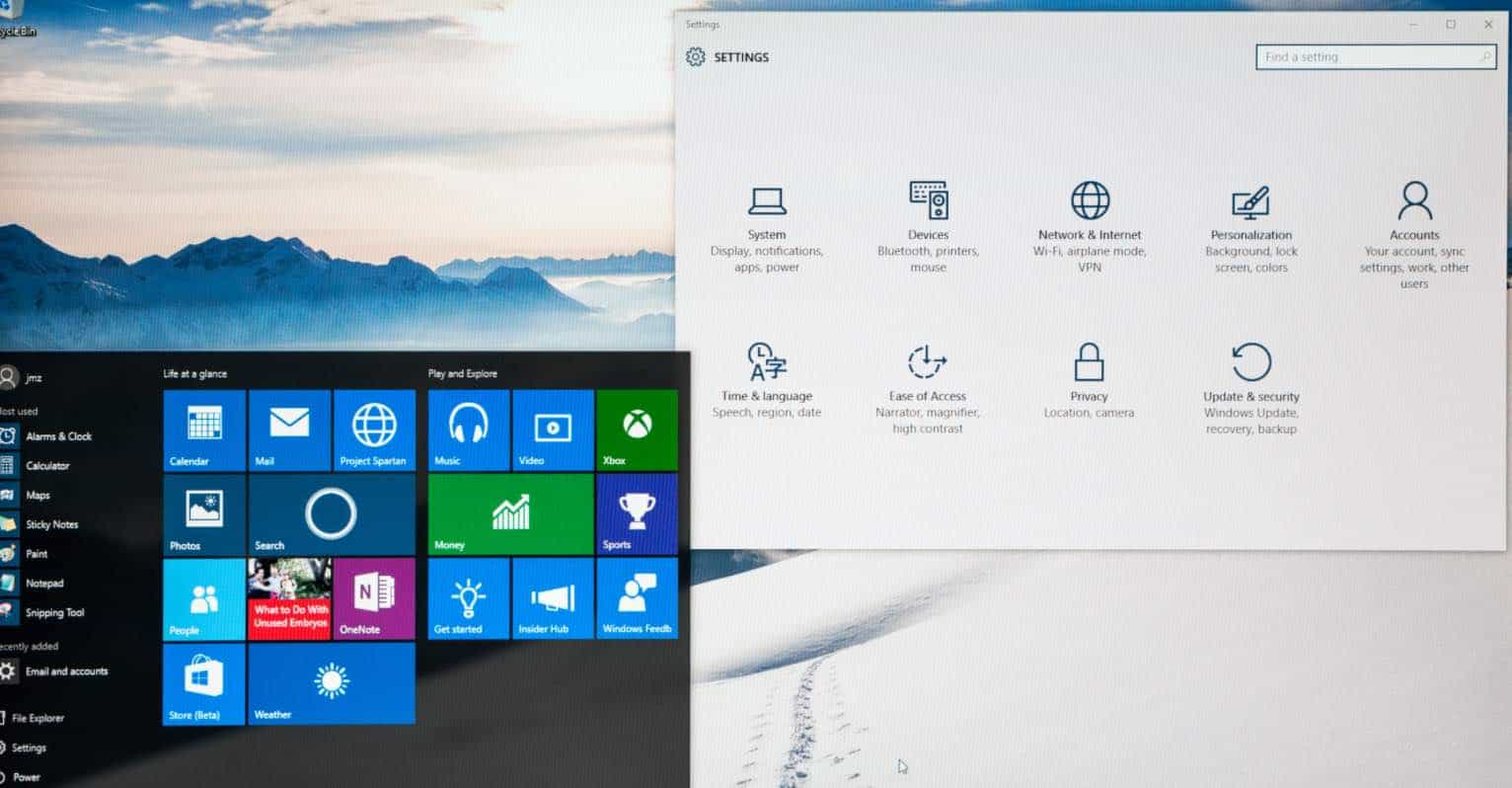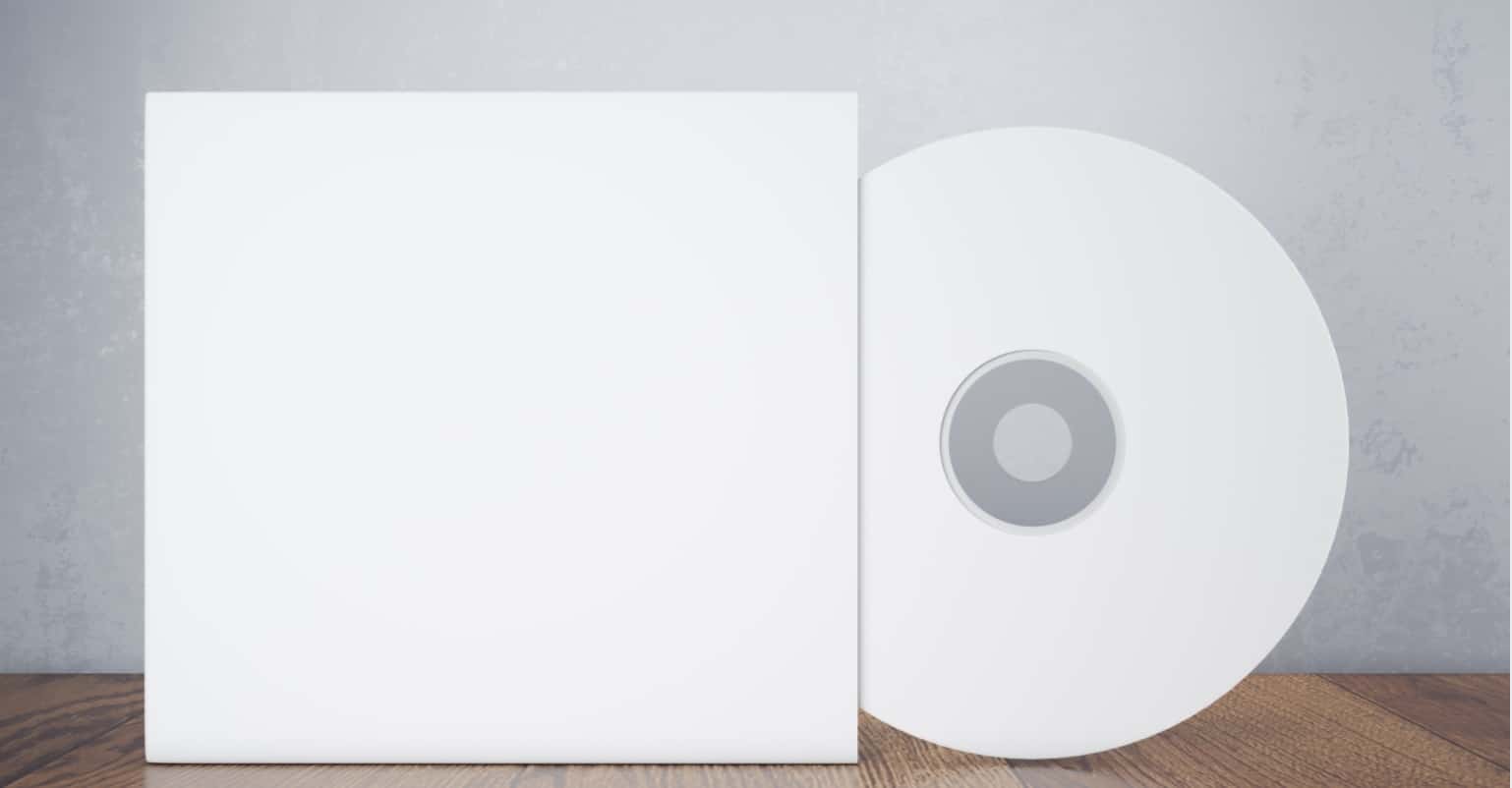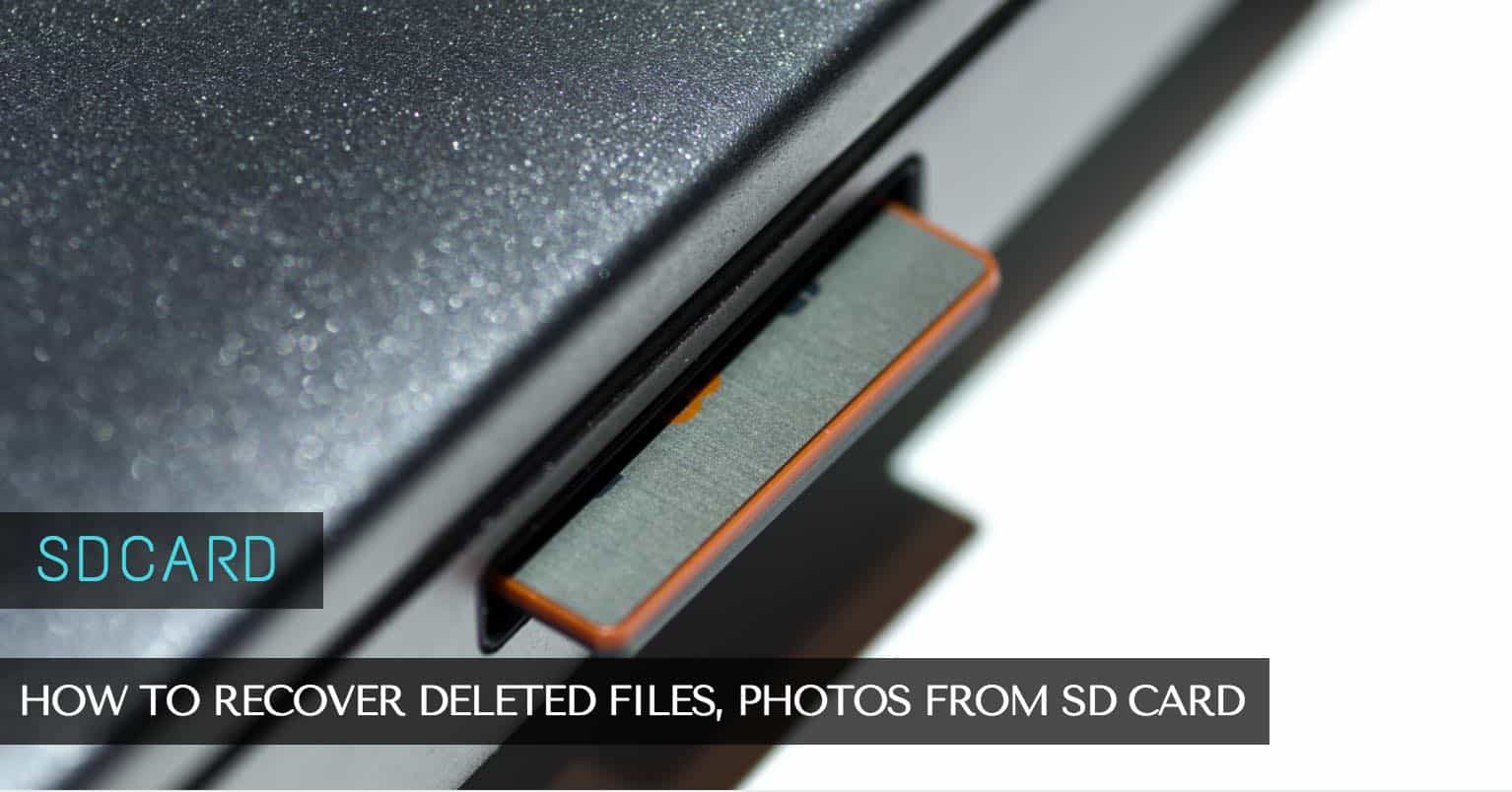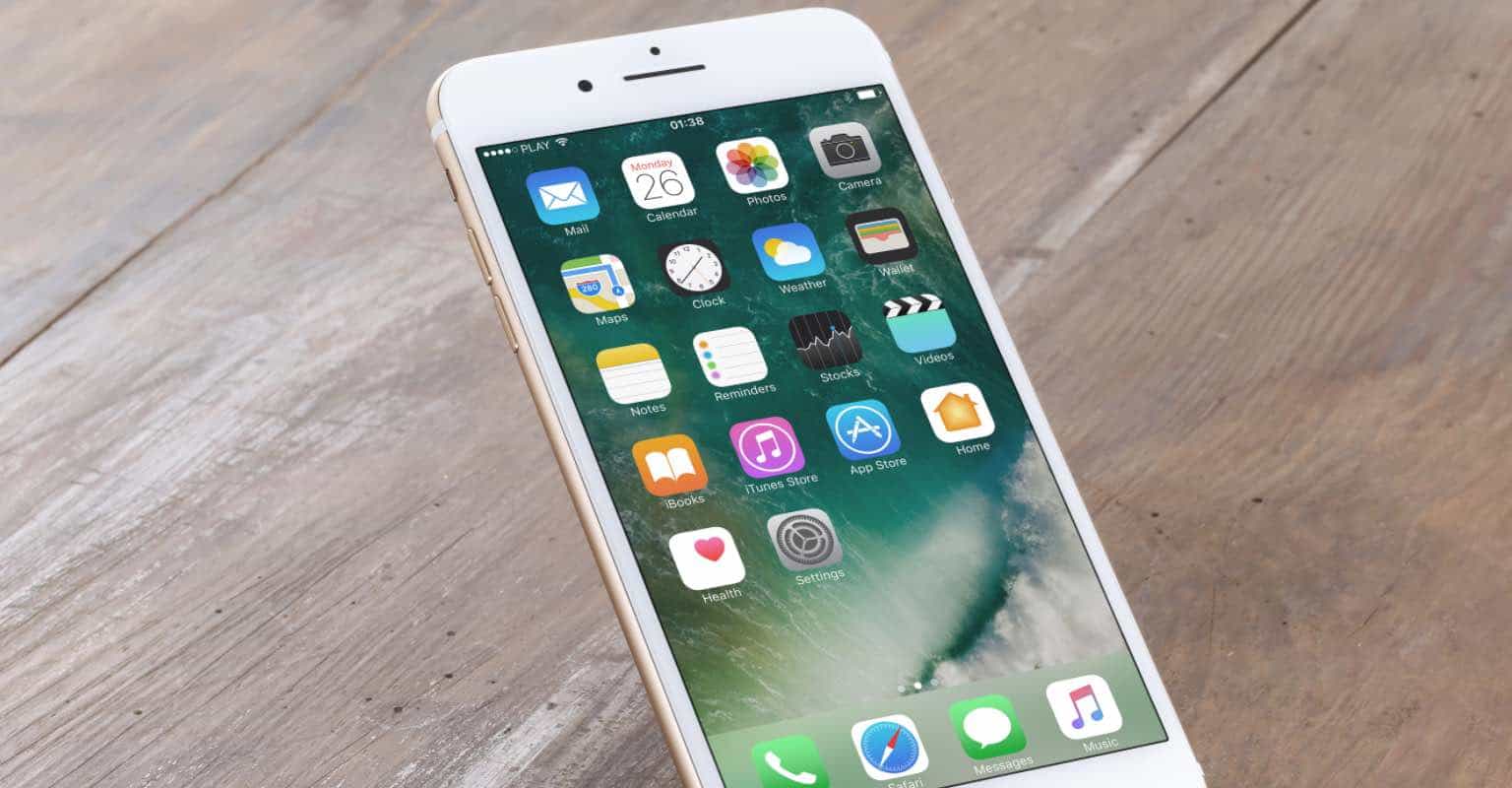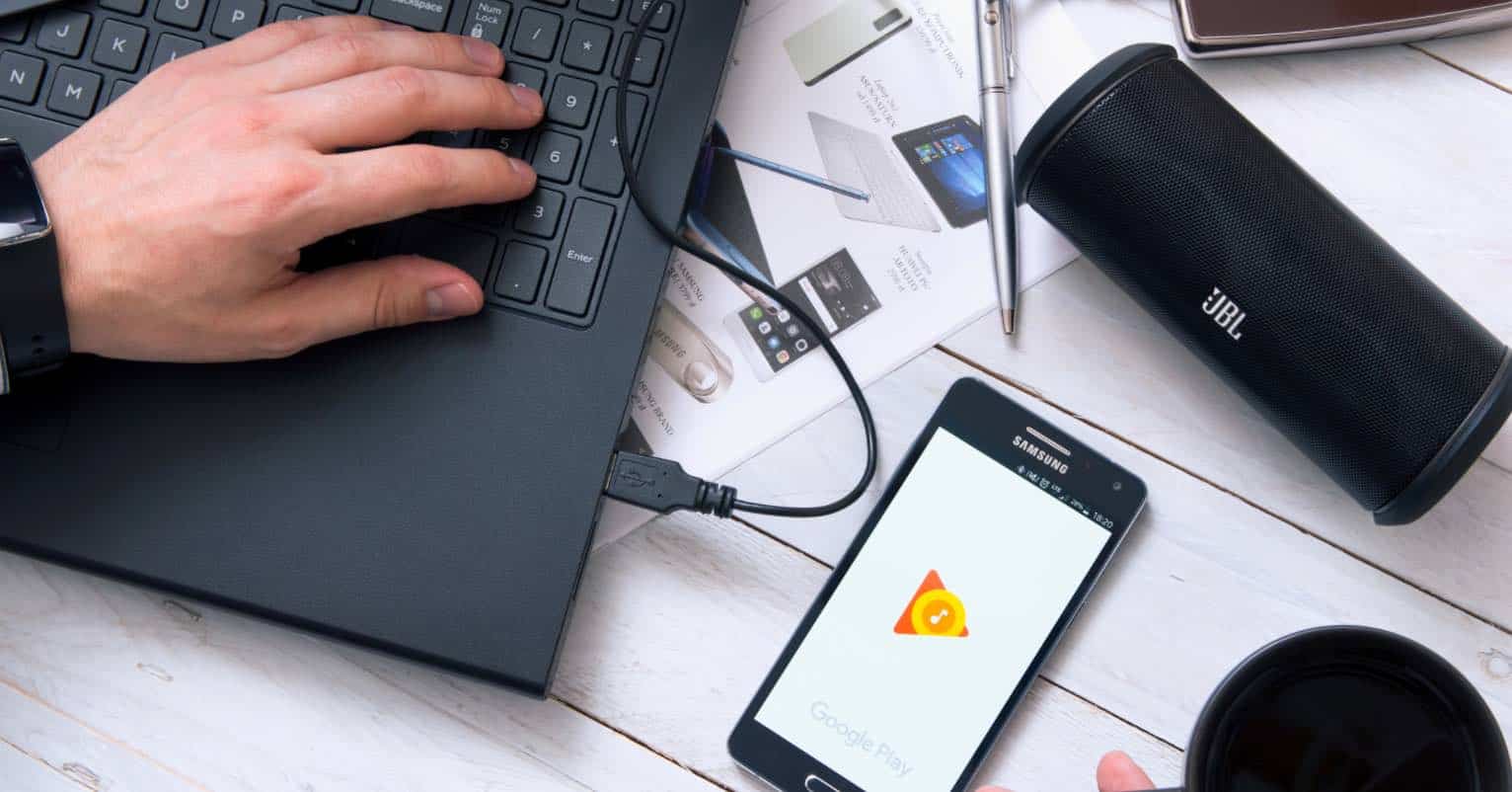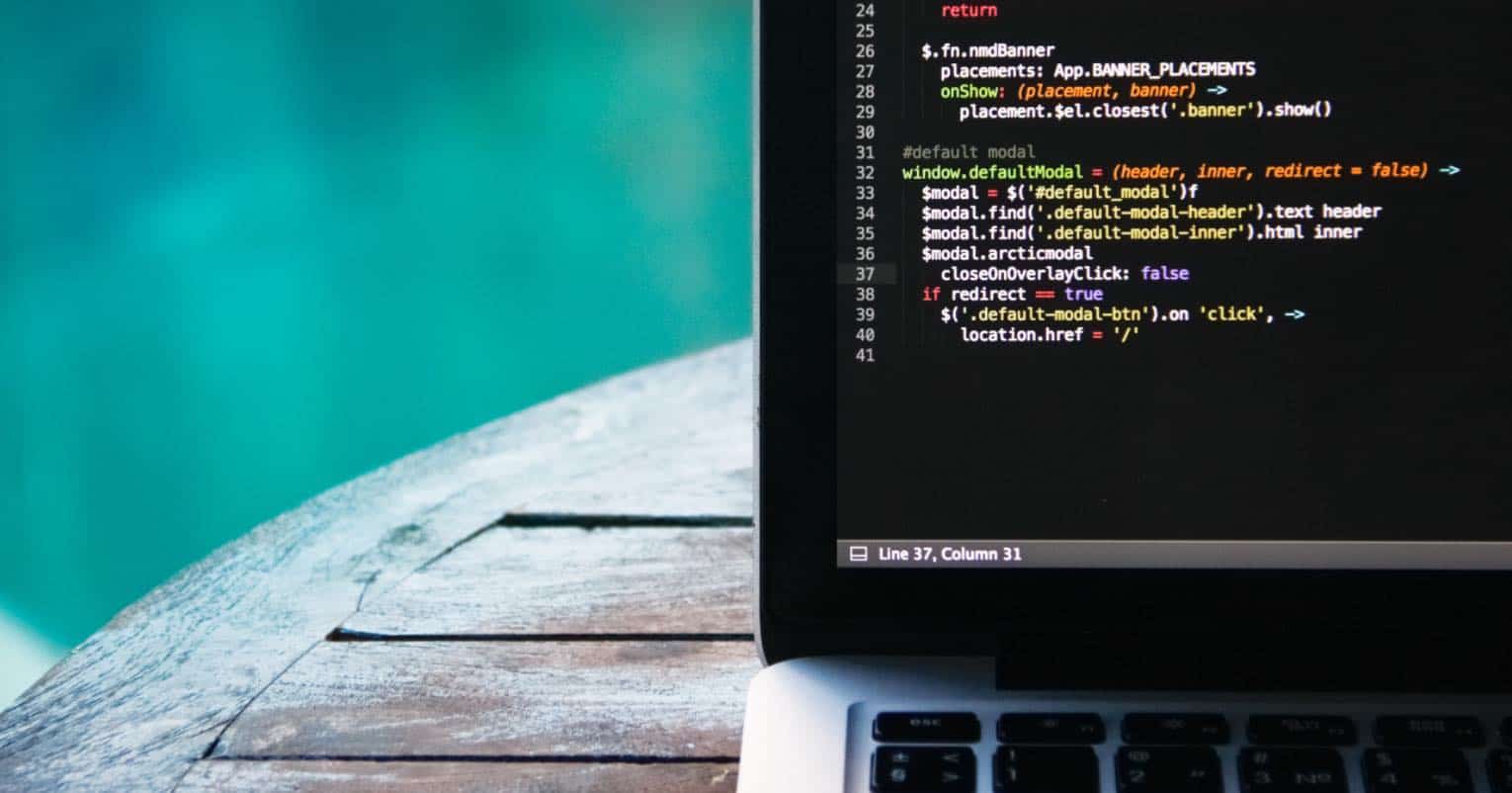In the past, the filing cabinet was essentially our world. It housed every document – from trivial receipts to confidential files. Naturally, managing each piece of paper was a considerable task. Yet, barring a burglary, conflagration, fierce storm, or significant pest issue, all files would remain safe and secure.
Today, we have almost entirely replaced the cabinet with a computer, and this move has brought many benefits. Organizing our files is now much easier, and a few clicks are all it takes to retrieve a piece of information from the sea of data on our PCs.
However, this convenience has come with a stinging downside: it’s now a lot harder to ensure the security of your files. Buying one of the best laptops around and tucking it away in a bullet-proof safe might earn you a small sense of security, but inside the system, your data is not safe. A successful malware attack could destroy everything, or worse, expose your personal information to the whole world.
Therefore, before you start thinking about the physical safety of your newly-bought computer, ensure the data you store is protected from viruses, phishing scams, ransomware and DDoS at all times, by installing an antivirus. Antivirus packages are many, and choosing the best one for your system can get overwhelming. But protecting your data requires the best you can find. Not only will it provide maximum security, but in case a malware attack is successful, a good antivirus will minimize the time you have to conduct damage control and clean up the mess.
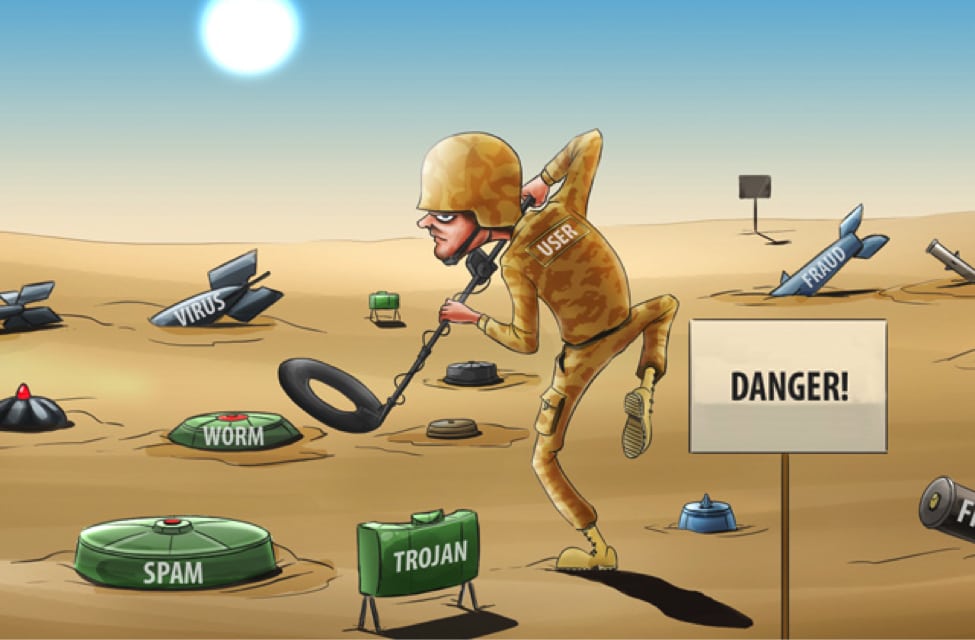
How to Choose The Best Antivirus: The Features to Look For
Antivirus software, especially the big names, can come with a hoard of features, ranging from data and network security to file and update managers.
Nevertheless, there are certain things any basic package should offer.
Virus scanning and script blocking
Fundamentally, any antivirus should have both active and reactive scanning. It should give you the option of triggering a malware scan for your whole system or a specified data location, and also keep a keen eye on any new program or file before it’s opened.
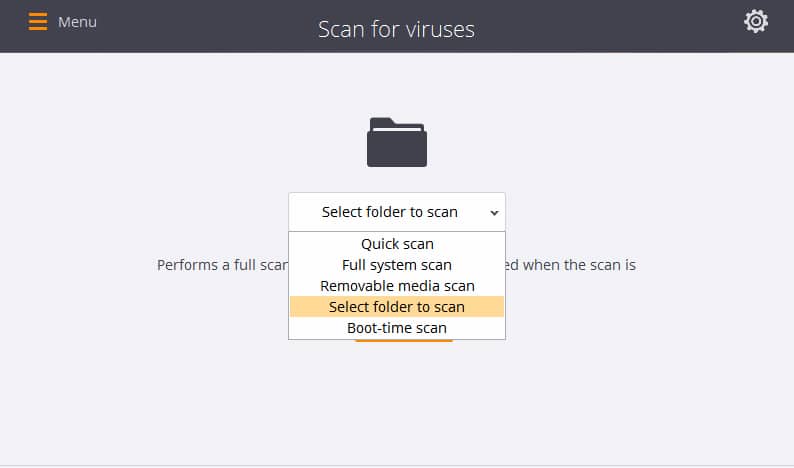
Some antiviruses also come with plugins that integrate to your browser to identify and block malicious Java scripts from infecting your PC. An ideal virus scanner should be fast and sensitive, yet light enough not to take up too much of your computer’s resources.
Virus definitions
If you’ve ever used an antivirus software, you’ve probably come across a reminder to “update virus definitions” or a warning that “your virus definitions are out of date.”
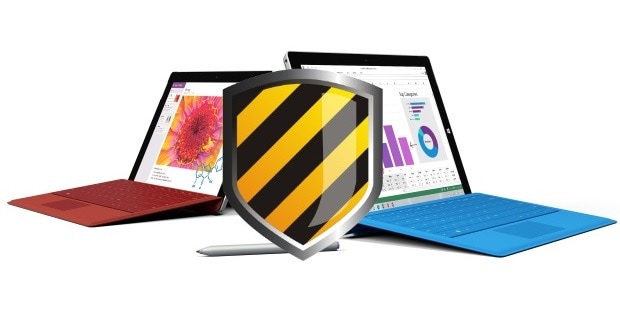
The only way an antivirus can be effective is if it knows what to look for. Antivirus packages often come with a frequently updated database of known malware, which it uses as a reference when scanning your system.
Sometimes, simply behaving like malware can trigger a block from the antivirus, even though the program isn’t in the database. If the blocked program is known to be safe, the industry calls this a “false positive.” Your preferred antivirus should have a suitable balance between playing safe and having too many false positives.
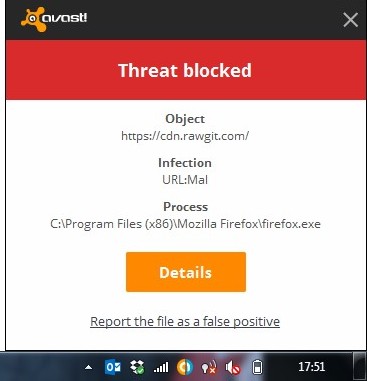
Firewall
Most malware attacks happen over the internet. And because not logging on is never an option, the most practical way to keep your data safe is through a firewall.
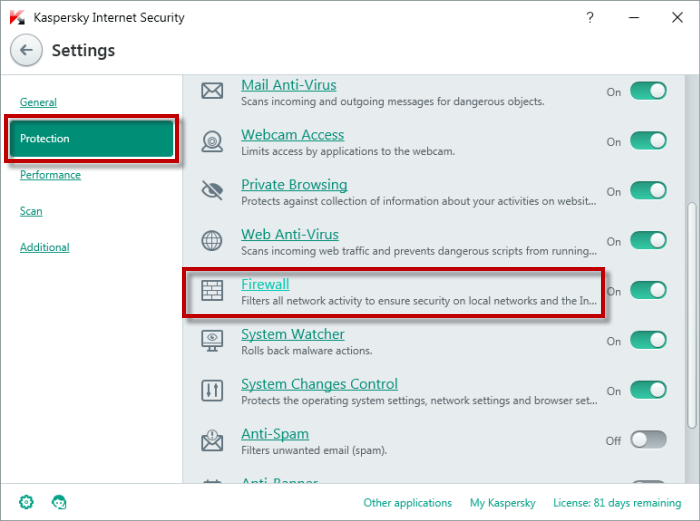
Just like stand-alone systems, a firewall that comes bundled in an antivirus will protect your PC from internet hackers, viruses, and worms. Additionally, it’ll allow you to set up online rules for each application and ensure that no suspicious program accesses the internet behind your back.
Firewalls are an essential part of a computer’s security package, and having one as part of your antivirus software is a welcome convenience.
Other features
Besides the above, a reliable antivirus should have other offerings, such as ransomware protection and DNS-based traffic filtering.
A file shredder is also necessary, to ensure the files you deleted are actually gone, and not just lurking somewhere on your hard drive. Clearing the recycle bin doesn’t delete anything. Although not visible to you, your files are still there, and can be recovered with a specialized program.
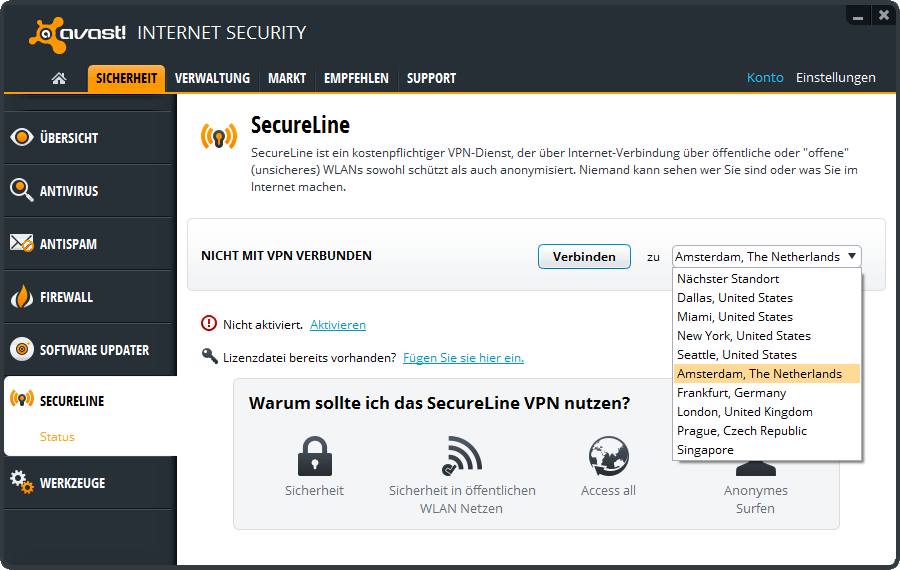
While not essentials, password managers, update organizers, VPNs, and system optimizers are some of the added pleasantries that can come with a comprehensive antivirus package.
Finding the best antivirus for your PC
You might know what to look for, but picking the first option you get that has all the above features on its specifications sheet is never advisable. Remember, you’re after the best of the bunch.
Before employing the services of an antivirus software, therefore, do some research and find out as much information as you can about the package. Visit expert websites and security forums to read reviews on the best or highest-rated free and paid programs. PC Magazine and Tom’s Guide, for, example, have thorough antivirus sections where packages are categorized, ranked and reviewed.
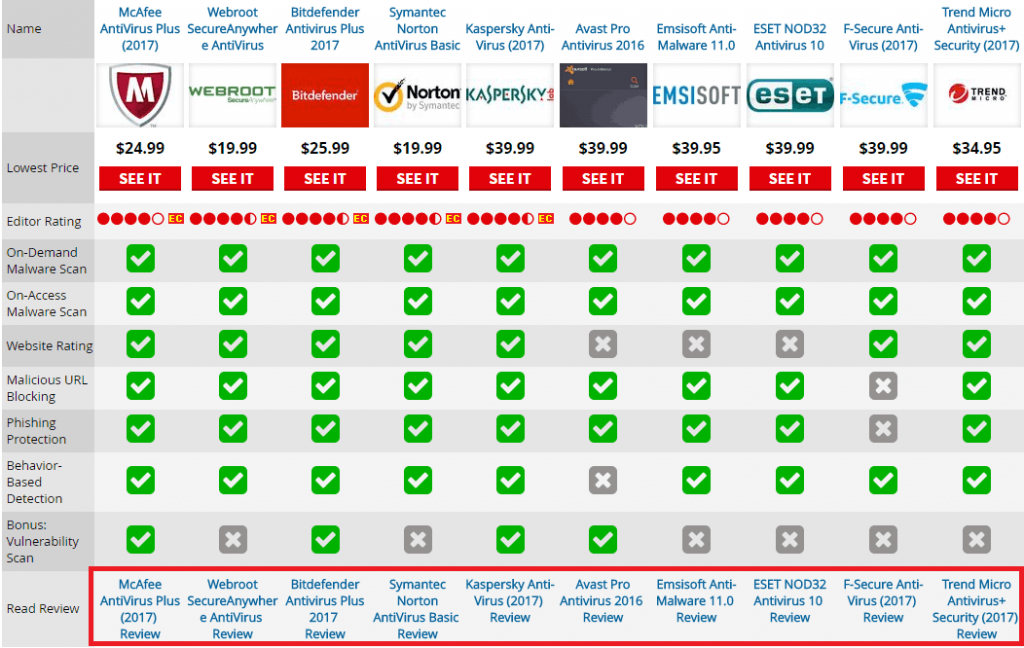
Furthermore, if you’re thinking of subscribing to a paid antivirus plan, get the trial version first and do some testing.
A simple but popular test is the “false virus” .txt file test, which involves creating a text file with notepad and copying in an EICAR code, i.e. a line of code recognized by antivirus developers as a means of testing the software’s sensitivity.
In the notepad document, copy the following line:
X5O!P%@AP[4\PZX54(P^)7CC)7}$EICAR-STANDARD-ANTIVIRUS-TEST-FILE!$H+H*
Save and close the file.
If your antivirus doesn’t trigger its security protocols to eliminate the file immediately, its sensitivity cannot be relied upon. Never buy any software without first having a go at the trial version.
Wrap Up
There you have it! All you need to know to get the antivirus that will work best to protect your home or office PC from malware and even more dangerous viruses.
When shopping, it’s right to keep reputable brands at the top of your list. McAfee, Norton, Avast and Kaspersky are among the programs known to offer the most reliable PC protection. And if you’re on a tight budget, Avira and Trend Micro offer decent services at reasonable prices.
However, no security system can guarantee 100 percent safety. The best antivirus is you, and it’s your responsibility to take caution when sharing external memory sticks or browsing the web. Your proper judgment and internet savvy will go a long way in ensuring your data is well protected at all times.
